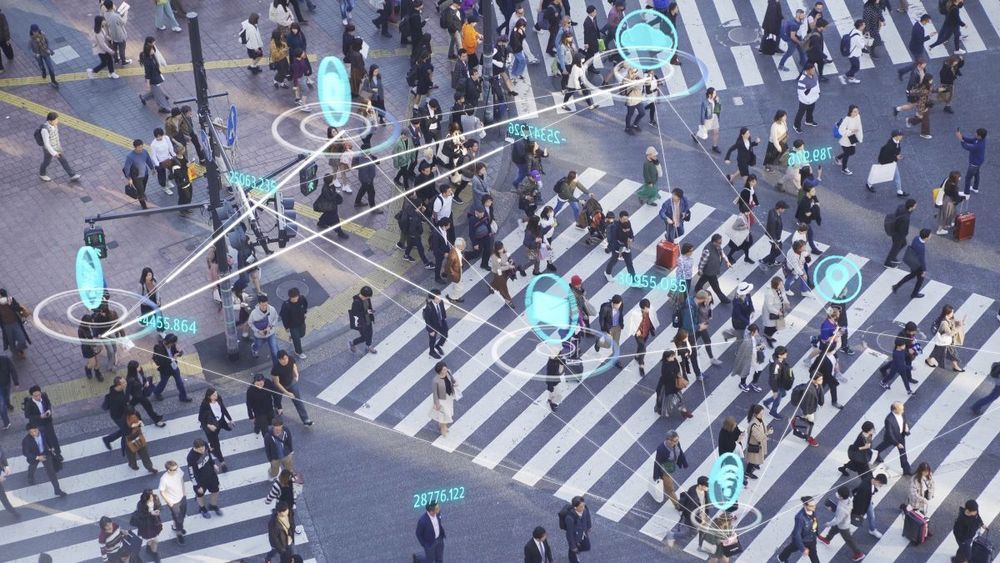Since OpenAI first described its new AI language-generating system called GPT-3 in May, hundreds of media outlets (including MIT Technology Review) have written about the system and its capabilities. Twitter has been abuzz about its power and potential. The New York Times published an op-ed about it. Later this year, OpenAI will begin charging companies for access to GPT-3, hoping that its system can soon power a wide variety of AI products and services.
Earlier this year, the independent research organisation of which I am the Director, London-based Ada Lovelace Institute, hosted a panel at the world’s largest AI conference, CogX, called The Ethics Panel to End All Ethics Panels. The title referenced both a tongue-in-cheek effort at self-promotion, and a very real need to put to bed the seemingly endless offering of panels, think-pieces, and government reports preoccupied with ruminating on the abstract ethical questions posed by AI and new data-driven technologies. We had grown impatient with conceptual debates and high-level principles.
And we were not alone. 2020 has seen the emergence of a new wave of ethical AI – one focused on the tough questions of power, equity, and justice that underpin emerging technologies, and directed at bringing about actionable change. It supersedes the two waves that came before it: the first wave, defined by principles and dominated by philosophers, and the second wave, led by computer scientists and geared towards technical fixes. Third-wave ethical AI has seen a Dutch Court shut down an algorithmic fraud detection system, students in the UK take to the streets to protest against algorithmically-decided exam results, and US companies voluntarily restrict their sales of facial recognition technology. It is taking us beyond the principled and the technical, to practical mechanisms for rectifying power imbalances and achieving individual and societal justice.
Between 2016 and 2019, 74 sets of ethical principles or guidelines for AI were published. This was the first wave of ethical AI, in which we had just begun to understand the potential risks and threats of rapidly advancing machine learning and AI capabilities and were casting around for ways to contain them. In 2016, AlphaGo had just beaten Lee Sedol, promoting serious consideration of the likelihood that general AI was within reach. And algorithmically-curated chaos on the world’s duopolistic platforms, Google and Facebook, had surrounded the two major political earthquakes of the year – Brexit, and Trump’s election.
